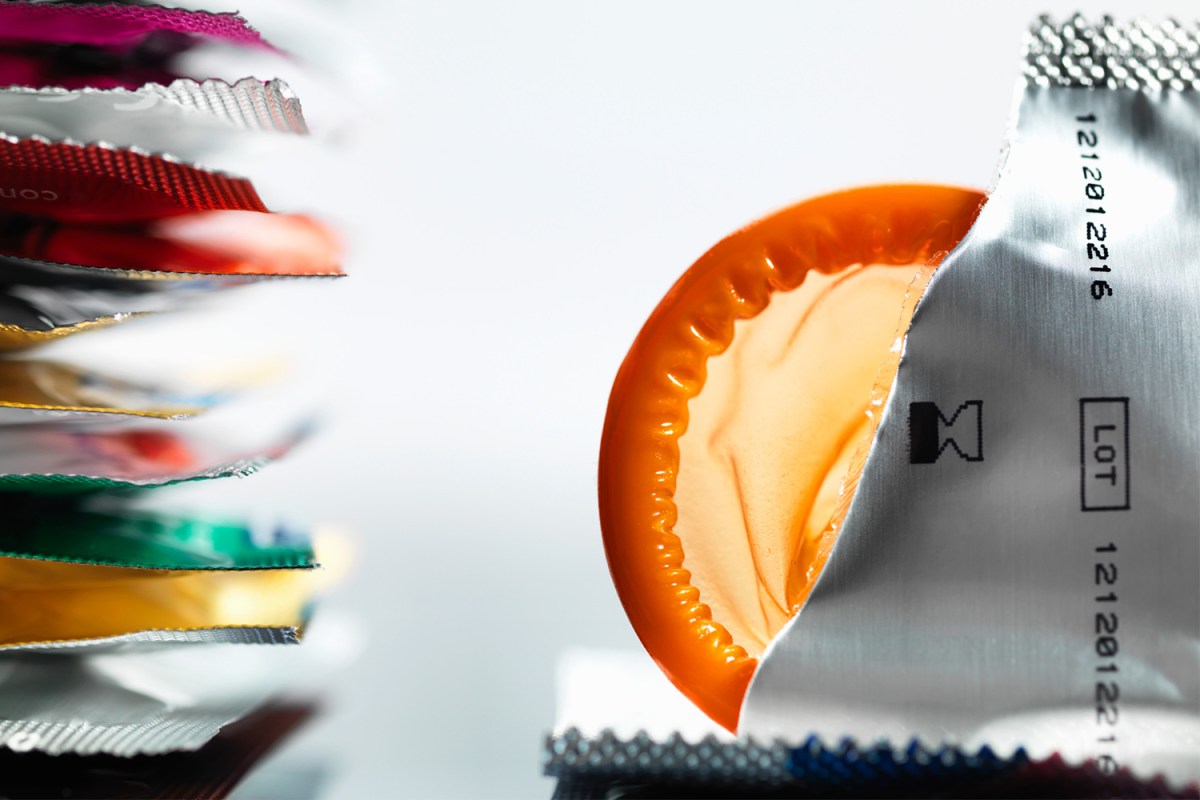Bad news: Pandemic lockdowns are putting hookups on hold all over the world. Better news: Pressing pause on hookups might also halt the spread of sexually transmitted infections and give more people a chance to get tested before potentially passing on an infection to a new partner. Worse news: Global panic surrounding the viral coronavirus pandemic could prove as contagious as the virus itself, possibly sparking a regressive resurgence of STI shame and stigma.
Going back to the silver lining for a moment, doctors in the U.K. posit that lockdown conditions could greatly improve the nation’s sexual health, with Dr. John McSorley calling this period of relative sexlessness a “game changer” and urging people to get tested before lockdowns end and everyone returns to their regularly scheduled sleeping around.
“If we could test and treat everybody for their infections now, that would be a game-changer going forward as people slowly move towards normality,” McSorley, a sexual health doctor and president of the British Association for Sexual Health and HIV, told BBC Radio 1 Newsbeat.
Justin Harbottle, of sexual health testing organization SH:24, echoed McSorley, calling this period of pandemic-imposed abstinence a “once-in-a-lifetime event” for the future of sexual health. “Even at the start of the HIV epidemic, I don’t think you had such a clean-cut period where collectively – as a population – people stopped having sex with new partners,” said Harbottle.
Unfortunately, one thing we definitely did have during the HIV epidemic was plenty of shame, stigma and moral panic surrounding sex, sexually transmitted infections, and the people who contracted (or were presumed likely to contract) them. And as STI anti-stigma activists have pointed out, our current panic surrounding the coronavirus pandemic could cause those attitudes to crop up again.
I’m worried that the experience of the COVID-19 pandemic is going to lead to even more ignorant, knee-jerk fear of common viruses like herpes and HPV, and a strengthening of STI stigma in general. People are scared of infection right now and that attitude will ripple.
— ella dawson (@brosandprose) April 25, 2020
“I’m worried that the experience of the COVID-19 pandemic is going to lead to even more ignorant, knee-jerk fear of common viruses like herpes and HPV, and a strengthening of STI stigma in general,” writer Ella Dawson wrote in a tweet last month. “People are scared of infection right now and that attitude will ripple.”
More recently, Dawson has noted other similarities between flawed responses to the pandemic and misconceptions surrounding sexual health. “The people who are pushing to re-open society because they think the COVID-19 pandemic is exaggerated are the same people who think I’m an immoral disease vector because I have herpes,” Dawson wrote in a Twitter thread Monday. “Some people think they’re not at risk of COVID-19 because they’re too good for it, they’re the exception. They ascribe morality and inherent worth to whether or not they’re at risk of contracting a virus,” she continued, comparing the coronavirus response to an all too common line of thought that casts STIs as a kind of punishment for sexual wrongdoing or inherent moral failure.
“‘I don’t need to wear a mask, I’m not at risk of COVID-19’ is the new ‘I don’t need to wear a condom, the girls I have sex with aren’t dirty sluts,’” Dawson concluded.
"I don't need to wear a mask, I'm not at risk of COVID-19" is the new "I don't need to wear a condom, the girls I have sex with aren't dirty sluts."
— ella dawson (@brosandprose) May 4, 2020
None of this is to say that the doctors urging people to take this time to prioritize their sexual health are promoting stigma. People should absolutely get tested before hooking up with any new partners post-lockdown (though that’s always the case, lockdown or no lockdown). But as discussions of STIs inevitably get pulled into the coronavirus conversation, it’s important to avoid transposing fears about coronavirus onto other infections, especially those with a history of stigma.
Illness of any kind is never a punishment for wrongdoing, nor is it a reflection of someone’s worth or standing, moral or otherwise.
Subscribe here for our free daily newsletter.
The Charge will help you move better, think clearer and stay in the game longer. Subscribe to our wellness newsletter today.


















